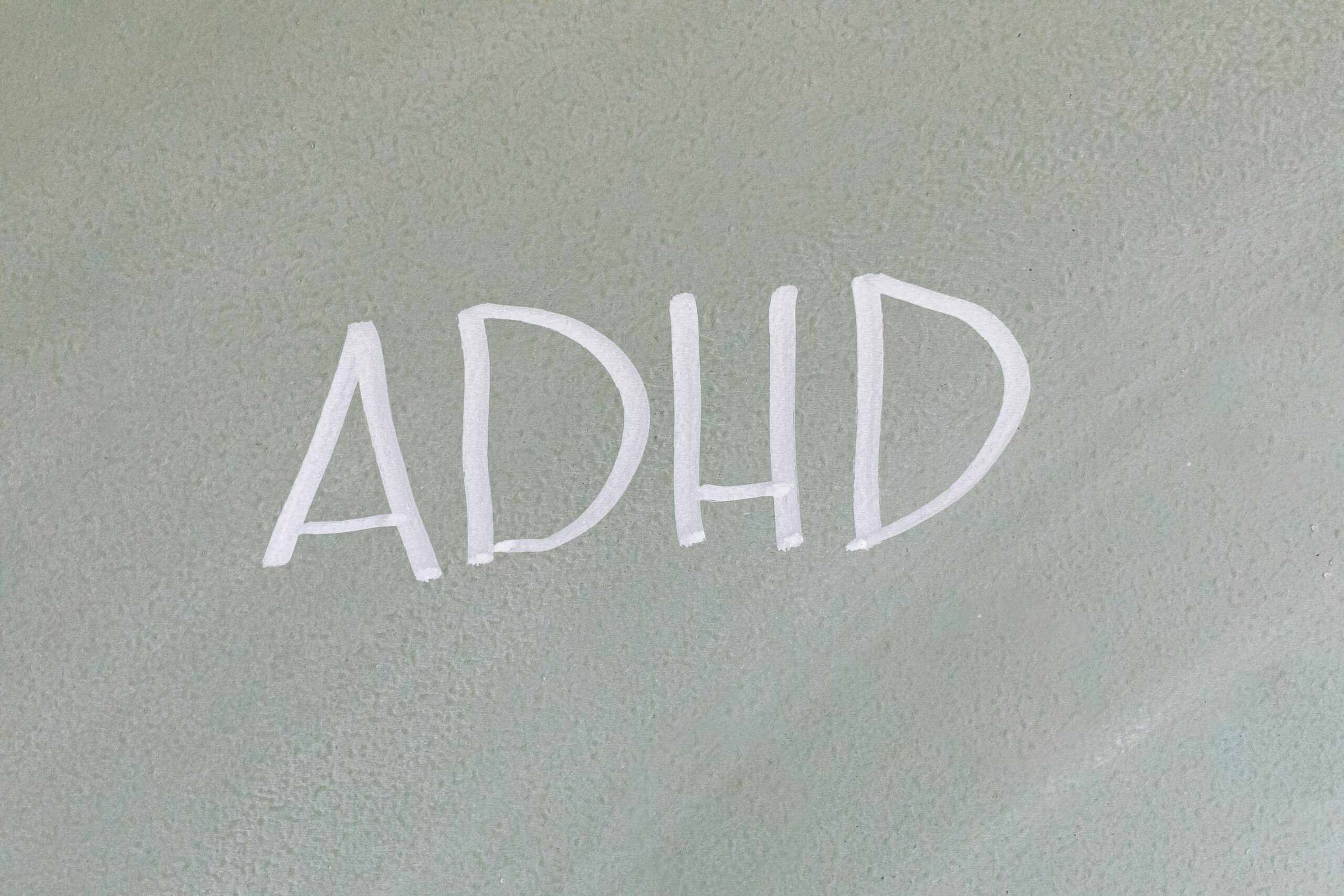Menstural Disorder Treatment
/
What Is Menstrual Disorder Treatment?
Menstrual disorders include conditions like irregular periods, heavy bleeding, missed cycles, painful menstruation (dysmenorrhea), or premenstrual syndrome (PMS). Treatment focuses on identifying the underlying cause—whether hormonal imbalance, fibroids, thyroid issues, or stress—and may involve medications, hormonal therapy, lifestyle changes, or further gynecological evaluation
Treatments
- Minimal sedation – you are awake but relaxed many years of experience
- Deep sedation – you are on the edge of consciousness but can still 24/7 care for mother and baby.
- The four levels of the healthcare system
- Minimal sedation – you are awake but relaxed many years of experience
- you are on the edge of consciousness but can still 24/7 care for mother and baby.
- The four levels of the healthcare system

Why Choose Us?
- General Consulting
- Construction Management
- Modeling & Algorithm
- Better Decision Making
- Professional Consulting Services
We are pleased to offer you the healthy.
We offer expert care for menstrual disorders, including irregular periods, painful cycles, heavy bleeding, missed periods, and PMS. Our personalized approach focuses on identifying the root cause—whether hormonal, structural, or lifestyle-related—and creating effective treatment plans using medications, hormone therapy, or further diagnostic evaluations.
Causes may include:
Hormonal imbalances
Thyroid issues
Uterine fibroids or polyps
Stress or extreme weight changes
Treatment depends on the diagnosis and may involve:
Hormonal therapy (birth control pills, progesterone, etc.)
Pain relief medications
Iron supplements (if anemia is present)
Surgery in rare or severe cases
If you experience:
Periods that are too heavy or prolonged
Missed periods for 3 months or more
Severe pain or discomfort
Spotting between periods
Yes, some conditions like PCOD or thyroid dysfunction can interfere with ovulation. Early diagnosis improves outcomes.

8:00 AM TO 8:00 PM MON TO SAT
8:00 TO 5:00 PM SUNDAY
Quick Links
Popular Services
Copyright © 2026 StarMAX | Designed & Developed by Innspire Media